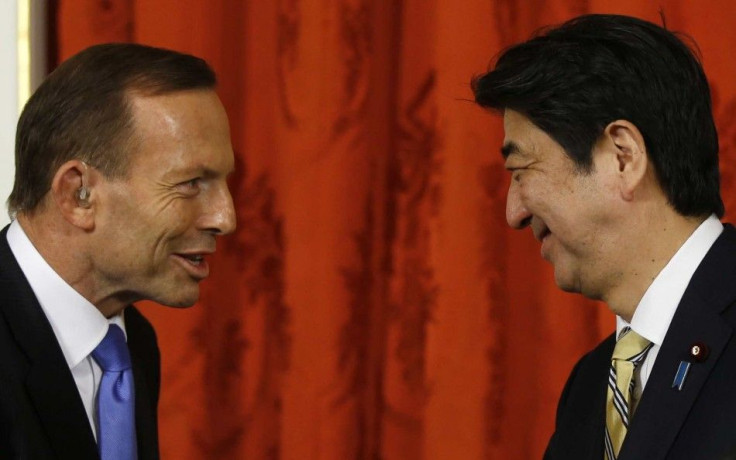Australia Asked National Media to Suppress Multi-National Corruption Case: WikiLeaks

WikiLeaks accused Australia of issuing an official order to Australian media to suppress any information involving multinational bribery allegations against international leaders in the country. The order was allegedly issued in the name of national security.
It was whistleblower Julian Assange who published a detailed report on Wednesday, July 30 about the "unprecedented gag order" which Tony Abbott's government issued. The Supreme Court's criminal division in Victoria, Melbourne allegedly issued the order for preventing "damage to Australia's international relations that may be caused by the publication of material that may damage the reputations of specified individuals who are not the subject of charges in these proceedings."
The Australian media was asked not to publish any material related to a criminal case which involved the Reserve Bank of Australia as well as high-ranked officials from Vietnam, Indonesia and Malaysia. The graft case allegedly involved multi-million dollar bribery charges. According to WikiLeaks, it was an effort to conceal "the largest high-level corruption case in Australia."
Assange called the order "the worst in living memory" and said that the Australian government was engaged in an effort of "blindfolding the Australian public." "Foreign Minister Julie Bishop must explain why she is threatening every Australian with imprisonment in an attempt to cover up an embarrassing corruption scandal involving the Australian government," Assange said.
WikiLeaks also mentioned that the last reported case of Australia issuing such a "blanket suppression order" was in 1995 when there was a joint spying operation took place against the Chinese Embassy in Canberra by the U.S.-Australian intelligence.
Assange, on the other hand, clarified the "concept" of protecting "national security." "The concept of 'national security' is not meant to serve as a blanket phrase to cover up serious corruption allegations involving government officials, in Australia or elsewhere," he said, "It is in the public interest for the press to be able to report on this case, which concerns the subsidiaries of the Australian central bank."
Contact the writer: s.mukhopadhyay@ibtimes.com.au





















